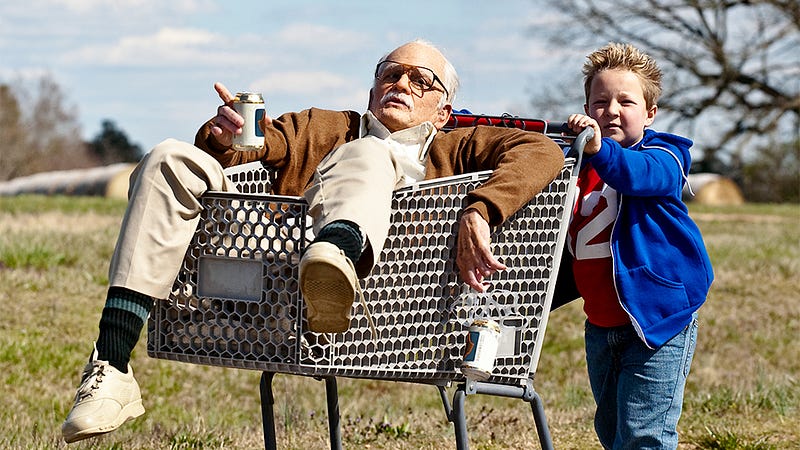# A Different Take on Doping and Athletics: The Enhanced Olympics
Written on
Chapter 1: The Strawberries and the Skater
Recently, I was inspired to write this piece after encountering a news story about a Russian figure skater's unusual defense in a doping scandal. This athlete claimed that her grandfather's strawberry dessert, made on the same cutting board used for his medication, was somehow relevant to her case involving a banned substance in sports.
In reflecting on this, I recalled another story making waves: the Enhanced Olympics, an initiative backed by Silicon Valley mogul Peter Thiel, which aims to create a sporting event that embraces doping.
Billionaire Peter Thiel Backs Doping-Friendly Olympics Rival - What To Know About The 'Enhanced…
"Sports can be safer without drug testing," the Enhanced Games claims, adding its reformed contest will let "athletes..."
www.forbes.com
At first glance, the absurdity of the skater's excuse might elicit a chuckle. The blatant nature of her argument is almost comical, reminiscent of the film Bad Grandpa.

However, you might expect that I would critique the Enhanced Olympics. Surprisingly, I find myself in support of this initiative. Allow me to present a rather contentious view: while I cannot condone dishonest competition, I do have a degree of empathy for the athletes involved.
My first encounter with this feeling occurred during the infamous doping scandal surrounding Lance Armstrong.
What does empathy mean in this context? It's a complex notion that doesn’t excuse the wrongdoing of violating both formal and ethical standards—undermining the essence of athletics, which is to push the limits of human capability using only one's body and mind. It also robs other competitors of their rightful accolades.
However, I understand the intense obsession that drives athletes toward extreme measures. Their relentless pursuit of greatness can lead them to cross boundaries, almost akin to a mental illness. While doping is indeed a crime, I can grasp the irrational motivations behind it—it's not merely about wealth or fame; rather, it’s an internal urge to surpass their own limitations.
Just the other night, I watched Nyad, a film about Diana Nyad's remarkable swim from Cuba to Florida at the age of 64, coincidentally the night before my own marathon. Humans are capable of remarkable feats, but Nyad's journey seemed particularly extreme. While I enjoyed the film, I wasn’t sure it inspired me; her actions bordered on reckless. Though her story concluded positively, it could have easily resulted in tragedy or long-term psychological distress.
Many elite athletes pursue inherently irrational goals. The glory we see is just the tip of the iceberg; behind the scenes, the quest for achievement often jeopardizes their physical and mental well-being. I hold a deep appreciation for sports and have even taken up running myself, albeit as an amateur. If sports give you joy and fulfillment, that’s wonderful. But the high-stakes world of professional athletics can be quite murky. The prevalence of self-harm—and at times, harm inflicted by parents or coaches—remains largely unchecked. In this light, I don’t find it surprising when athletes stumble on their complicated journeys. Once again, I emphasize my empathy.
Thus, I support the Enhanced Olympics. It offers a distinct platform for athletes willing to test the limits of their bodies. While there are significant risks involved, there is potential for advancements in life sciences. The initiative's website provides a clear explanation of its motivations and goals. I’m not particularly fond of the marketing claim that it’s “A Better Version of the Olympic Games.” In truth, it’s an alternative with its own pros and cons.
Home - Enhanced Games. A Better Version of the Olympic Games.
Enhanced Games Home
enhanced.org
You can find me on Substack:
Running Writing Living (Alexei)
Eclectic bits on running, creativity, pop culture, family, entrepreneurship, and self-improvement. I started running…
runningwritingliving.substack.com